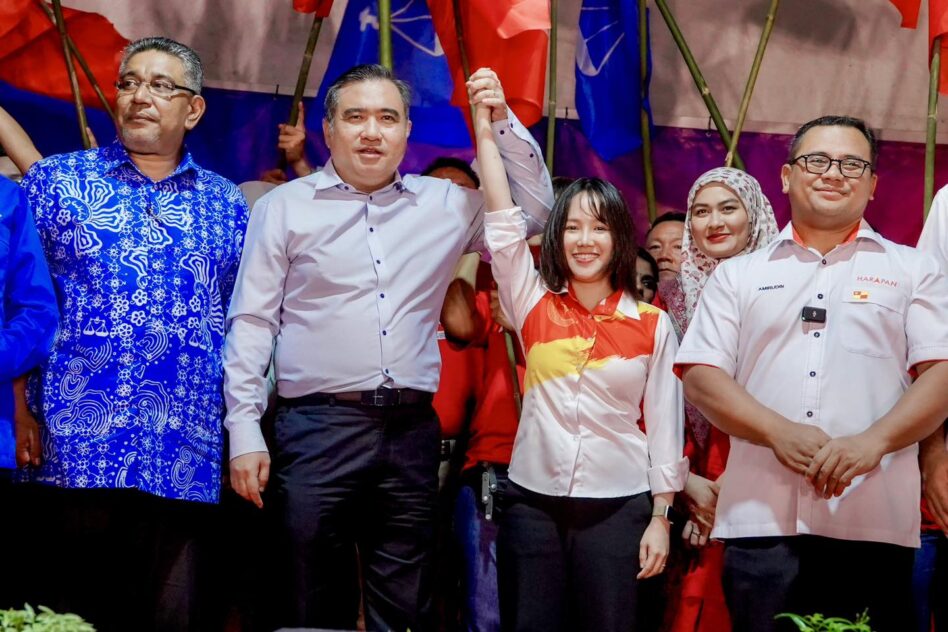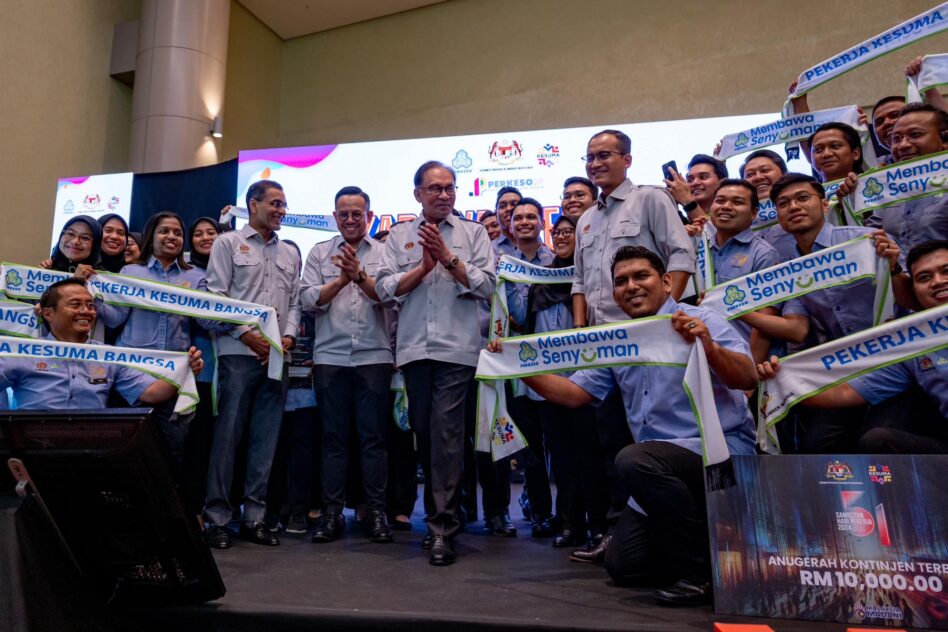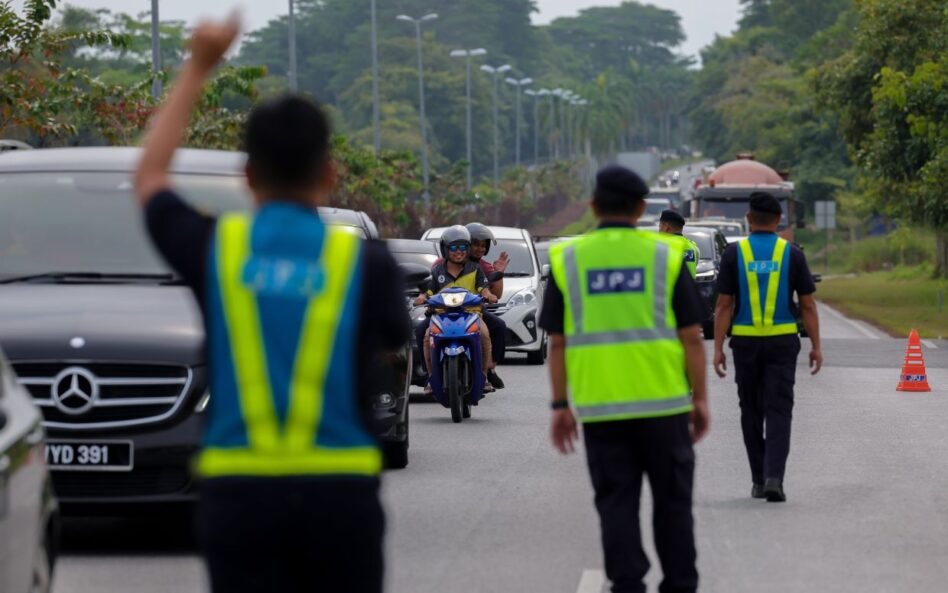WHAT happened recently to Boo Su-Lyn, the editor of CodeBlue, a health news portal, is a challenge that is inevitable for every individual in the journalistic profession in the course of fulfilling their professional obligation.
To set the record straight, Boo showed up at the IPD Shah Alam yesterday (July 26) afternoon to give a police statement for an article dated July 18 headlined: “Volunteers Claim Selangor PPV Hid COVID-19 Cases, No Mass Testing or SOP”.
“It is understood that the police complaint against Boo was filed by the SCCC (Setia City Convention Centre) PPV management,” read a media statement by CodeBlue. “Boo cooperated with the police but turned down a request to name the sources of her report.”

The police complaint against Boo is believed to have been filed by the SCCC PPV management.
It is understood that the police investigation on Boo is being conducted under Section 505(b) of the Penal Code as well as Section 233 of the Communications and Multimedia Act.
Section 505 of the Penal Code deals with statements said to cause alarm to the public, whereas Section 233 of the Communications and Multimedia Act pertains to the “improper use of network facilities or network service”.
Boo’s refusal to divulge her source is commendable as she was reporting the truth. After all, a media statement by the COVID-19 Immunisation Task Force (CITF) issued the following day on July 19 had confirmed that seven COVID-19 cases among SCCC PPV staff were detected on July 11.
In all fairness, the authorities, the society and media consumers at large must respect the right of media industry players not to divulge the identity of their sources, especially so if they represent credible media organisations.
Confidentiality of sources is central to the ethics of journalism. Journalists rely on people that they deem as ‘reliable’ to share information with them lest there is ‘no story’ to tell.
Although it is always better to be able to quote someone by name (alongside their professional designation), in certain circumstances, the prevailing sensitivity is so prohibitive that it prevents the source from divulging their identity (hence, they are being quoted on the basis of anonymity).
The bottom line is as good as a one-way street – if a journalist names a source who has given him/her information in confidence, the trust has been betrayed.
In all likelihood, the source will probably never furnish the said journalist confidential information again.
Or worst still, words will spread that the said journalist cannot be trusted. If people mistrust you, they might carry that mistrust to all journalists. Any journalist who betrays a trust weakens the whole hierarchy of the profession.
Henceforth, what Boo did was in line with journalistic moral and ethics.
“CodeBlue condemns the Government’s harassment and intimidation of our editor-in-chief, who was merely reporting workplace safety concerns by PPV volunteers who had sacrificed their time and put themselves at risk to serve the country in the National COVID-19 Immunisation Programme (PICK),” cited the media statement.
“The Government should not be targeting whistleblowers who provided accurate information as confirmed by the CITF. Instead, it should learn from the lesson and improve its implementation of the necessary safety measures.” – July 27, 2021










